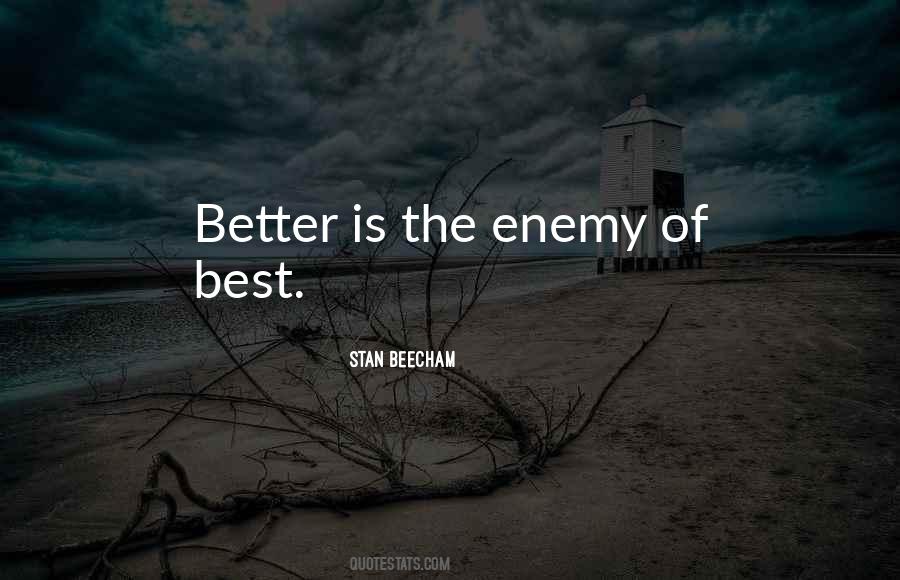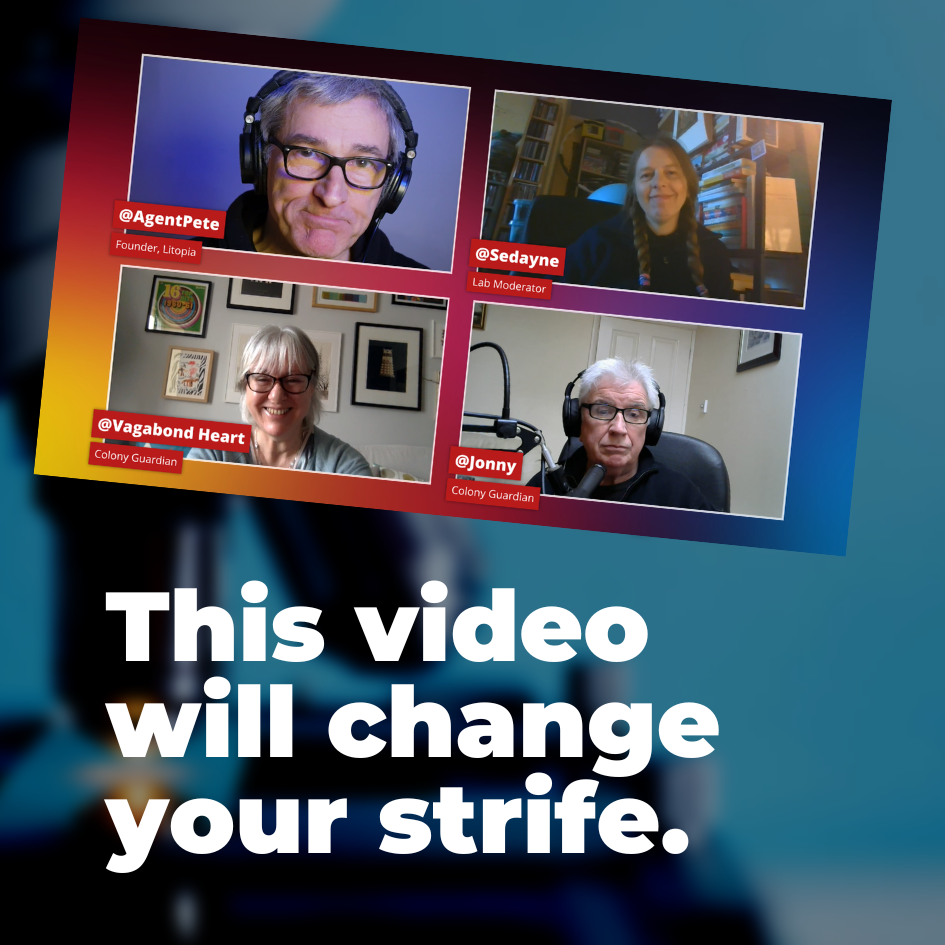Paul Whybrow
Full Member
Although perseverance is the most important quality that a writer should have, I think that there comes a point in whatever project you’re devoting time and energy to, where you say to yourself: “That’s good enough.”
As I’ve previously commented on the Colony perfection is impossible. No publisher in the world has ever said to an author: “You know, your manuscript is perfect, it needed no editing, we’ll publish it as it is.” No matter how many times you trawl through your completed story seeking mistakes, there’ll always be some that you miss.
This dilemma has been brought home to me recently, as I’ve been editing chapters of my first audiobook. As fellow narrators will confirm, fettling an audio file into perfect shape can become an obsessive pursuit. Although I learnt how to apply the required modifications to satisfy Amazon’s ACX scrutiny in one fell swoop, this doesn’t involve such things as intonation, pauses, breathing and applying dramatic effect by varying the speed you narrate a sentence or paragraph. Audiophiles can be fussy about the details of narrating. Take breathing. If a character is arguing about something, then including their gasps adds to the drama. But, what about hearing the narrator breathe? Some experts recommend removing every trace of the narrator reloading their lungs with oxygen, while others permit a certain amount to prevent the audiobook sounding like it’s read by a cyborg!
I was dealing with this last night, when I recalled an advice book I read in the spring. Seth Godin is a marketing guru. I subscribed to his blog a couple of years ago, in the hope that something he says will inspire me how to market my books. His short book The Dip: the extraordinary benefits of knowing when to quit (and when to stick) offers thought-provoking advice about what to do when you’ve entered a creative cul-de-sac and are faced with a dead end. If you want to be successful, get out of there and try a different route. At the very least, admit that you’ve done all that you can. Refocus your energies.
As Godin says:
“Winners quit fast, quit often, and quit without guilt”
That doesn’t mean that I’m giving up on mastering the recording of my novel. It’s rather, I’m going to prevent myself getting bogged down on a repetitive task. I could spend the rest of 2020 making the audiobook of my first Cornish Detective novel Who Kills A Nudist? totally perfect, but to what end? Will it sell any more copies? Striving for perfection will hold me back. I’ve four other novels to narrate, as well as novellas and short stories.
The same applies to other tasks to do with writing—editing, formatting, designing book covers, self-publishing and querying literary agents. There’s an awful lot of repetition involved in being an author, isn’t there?
Have you ever reached a point where you’ve decided that what you’ve done is as good as it gets and it’s time to move on?
What was that task?

Stan Beecham
As I’ve previously commented on the Colony perfection is impossible. No publisher in the world has ever said to an author: “You know, your manuscript is perfect, it needed no editing, we’ll publish it as it is.” No matter how many times you trawl through your completed story seeking mistakes, there’ll always be some that you miss.
This dilemma has been brought home to me recently, as I’ve been editing chapters of my first audiobook. As fellow narrators will confirm, fettling an audio file into perfect shape can become an obsessive pursuit. Although I learnt how to apply the required modifications to satisfy Amazon’s ACX scrutiny in one fell swoop, this doesn’t involve such things as intonation, pauses, breathing and applying dramatic effect by varying the speed you narrate a sentence or paragraph. Audiophiles can be fussy about the details of narrating. Take breathing. If a character is arguing about something, then including their gasps adds to the drama. But, what about hearing the narrator breathe? Some experts recommend removing every trace of the narrator reloading their lungs with oxygen, while others permit a certain amount to prevent the audiobook sounding like it’s read by a cyborg!

I was dealing with this last night, when I recalled an advice book I read in the spring. Seth Godin is a marketing guru. I subscribed to his blog a couple of years ago, in the hope that something he says will inspire me how to market my books. His short book The Dip: the extraordinary benefits of knowing when to quit (and when to stick) offers thought-provoking advice about what to do when you’ve entered a creative cul-de-sac and are faced with a dead end. If you want to be successful, get out of there and try a different route. At the very least, admit that you’ve done all that you can. Refocus your energies.
As Godin says:
“Winners quit fast, quit often, and quit without guilt”
That doesn’t mean that I’m giving up on mastering the recording of my novel. It’s rather, I’m going to prevent myself getting bogged down on a repetitive task. I could spend the rest of 2020 making the audiobook of my first Cornish Detective novel Who Kills A Nudist? totally perfect, but to what end? Will it sell any more copies? Striving for perfection will hold me back. I’ve four other novels to narrate, as well as novellas and short stories.
The same applies to other tasks to do with writing—editing, formatting, designing book covers, self-publishing and querying literary agents. There’s an awful lot of repetition involved in being an author, isn’t there?
Have you ever reached a point where you’ve decided that what you’ve done is as good as it gets and it’s time to move on?
What was that task?

Stan Beecham




